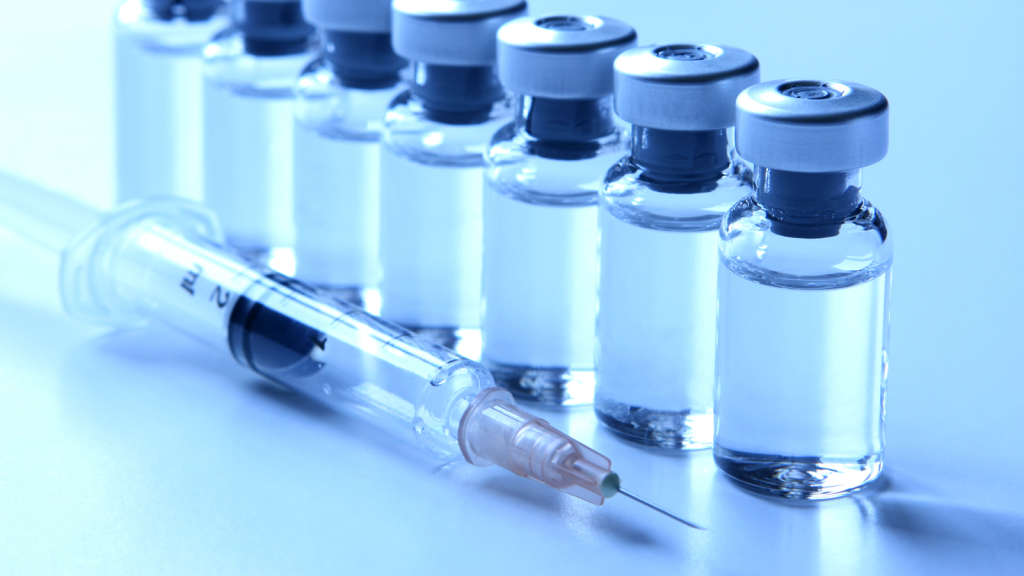Washington: People who contract COVID-19 even after vaccination are likely to have a lower viral load or quantity, experience a shorter infection time and have milder symptoms than unvaccinated individuals, according to a study of mRNA preventives in the US.
Researchers noted that while COVID-19 vaccines are proving to be highly effective in preventing infection, no vaccine is 100 per cent effective, and breakthrough infections – infections after immunisation — do occur.
“If you get vaccinated, about 90 per cent of the time you’re not going to get COVID-19,” said Jeff Burgess, a professor at the University of Arizona Health Sciences in the US.
“Even if you do get it, there will be less of the virus in you and your illness is likely to be much milder,” Burgess said.
The study, published in the New England Journal of Medicine on June 30, involved 3,975 health care personnel, first responders, and other essential and frontline workers in the US.
From December 14, 2020, to April 10, 2021, the participants completed weekly SARS-CoV-2 testing by providing nasal swabs for qualitative and quantitative RT-PCR analysis, the gold standard for testing for COVID-19.
Among the participants, SARS-CoV-2 infections were identified in five participants who were fully vaccinated and 11 who were partially vaccinated, as well as in 156 unvaccinated participants.
The research found that participants who were partially or fully vaccinated with the Pfizer and Moderna messenger RNA vaccines at the time of infection had a viral load that was 40 per cent less than that of unvaccinated participants.
The mRNA vaccines use a molecule called messenger RNA (or mRNA), rather than the actual pathogen to train the immune system to fight infections.
Viral load — the amount of SARS-CoV-2 virus found in a test sample — is not an indicator of how contagious an individual is, though early research suggests it could play a role in disease severity and secondary transmission.
The researchers also found that the majority of infections among unvaccinated participants were detected for two or more weeks, compared with only one week among vaccinated participants.
That represents a 66 per cent reduction in the risk that a vaccinated person will have a confirmed infection for more than one week, they said.
Also, the risk of having COVID-19 with an accompanying fever was 58 per cent lower for vaccinated participants, according to the study.
They reported two fewer days sick in bed, on average, and an overall length of illness that was six days shorter than that of unvaccinated people, the researchers said.
The study found that two doses of an mRNA COVID-19 vaccine were 91 per cent effective against infection with SARS-CoV-2, the virus that causes COVID-19.
On the other hand, a single dose of vaccine proved 81 per cent effective against SARS-CoV-2 infection, the researcher said.
This is on par with study data published in the US Centers for Disease Control and Prevention’s Morbidity and Mortality Weekly Report on March 29, this year.
“We are still seeing the same high levels of vaccine effectiveness, so we feel good about that,” Burgess said.
“But more importantly, we’ have added a number of measures of the severity of infection among individuals who have been vaccinated as a comparison to those who have not, and we measured how much virus there is and for how long,” he added.
